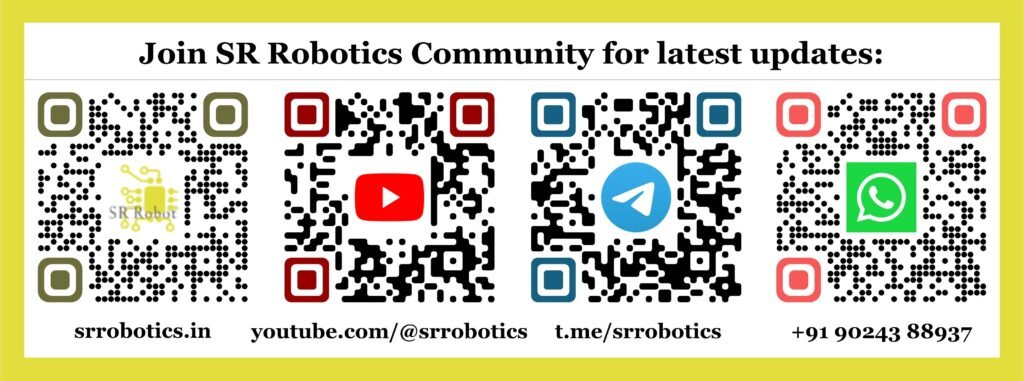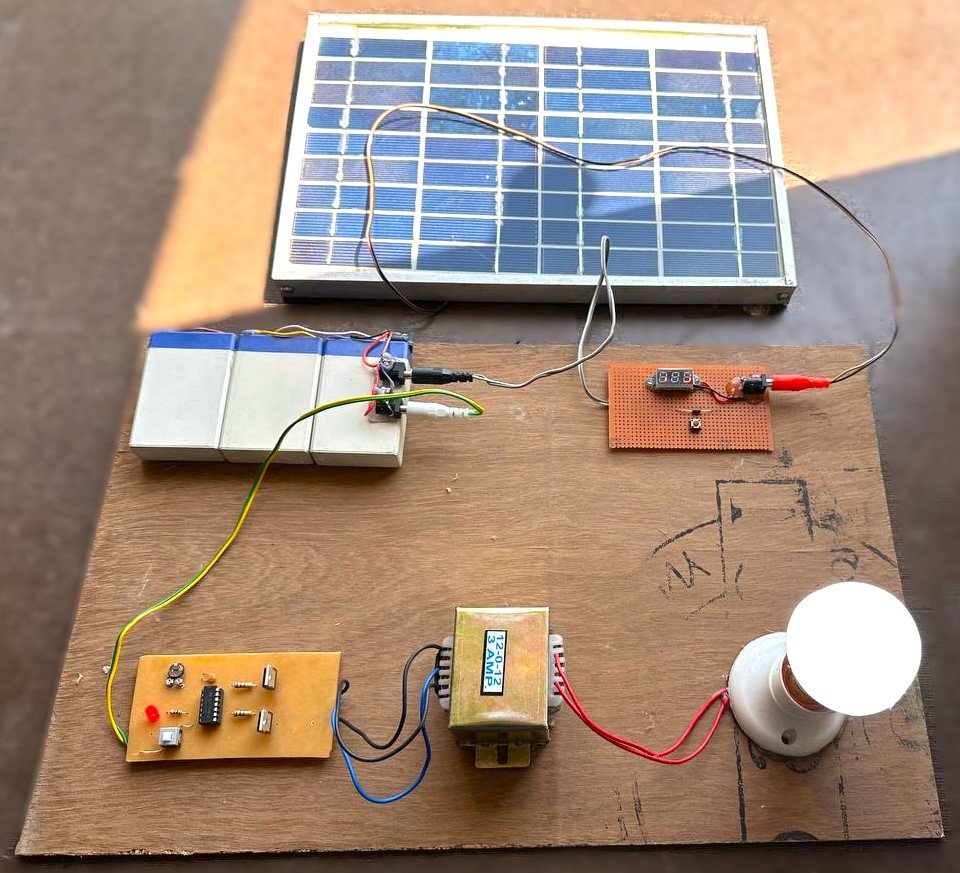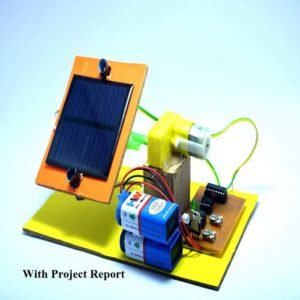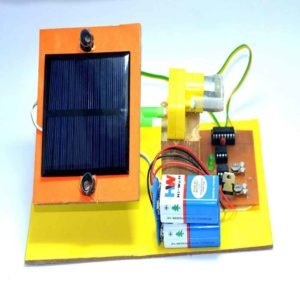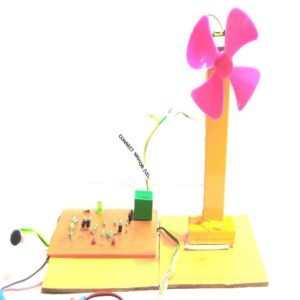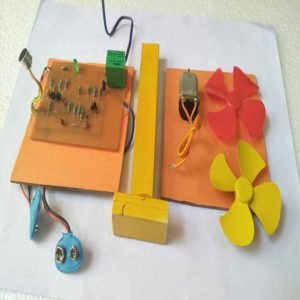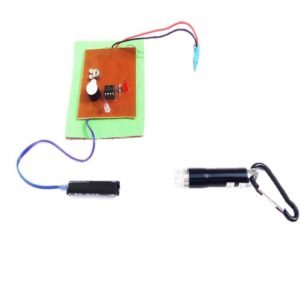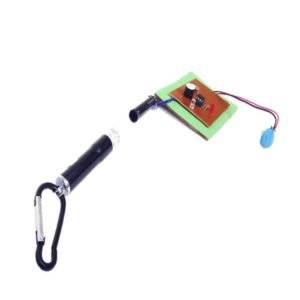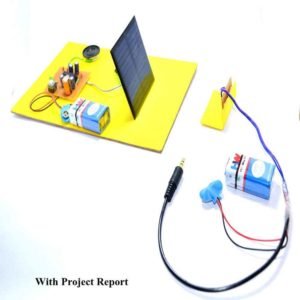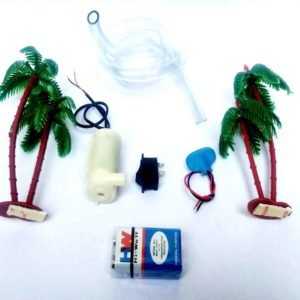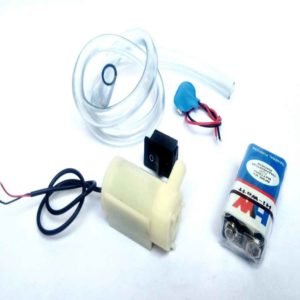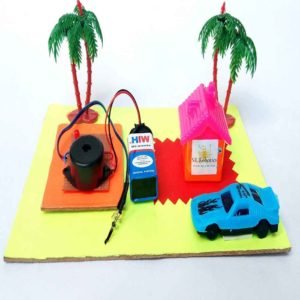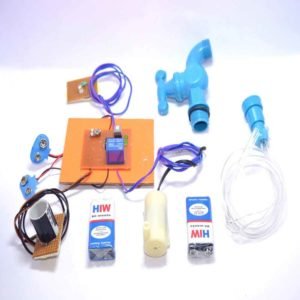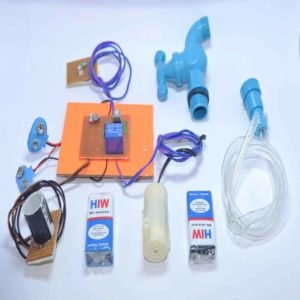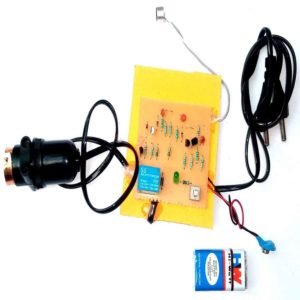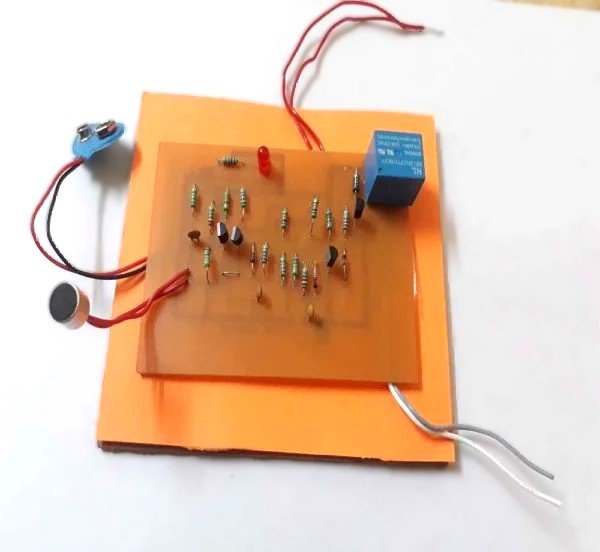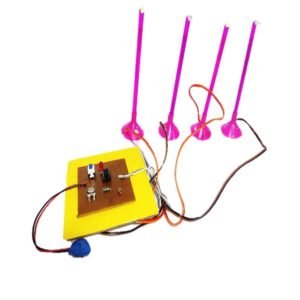-20%
DC Motor DIY Kit
Original price was: 500.00₹.400.00₹Current price is: 400.00₹.
The DIY DC Motor Kit offers an engaging hands-on learning experience, allowing users to build and experiment with their own functional DC motor. With comprehensive components and easy assembly, it serves as an educational tool for understanding electromagnetism and motor principles.
- No Branding.
- 100% working. Tested by S.R. Robotics.
- FREE Shipping.
- Description
Description
Description
Explore the fascinating world of motors with our DIY DC Motor Kit. This comprehensive kit includes all the components you need to build and experiment with your very own DC motor, providing an engaging hands-on learning experience for hobbyists and students alike.
Features:
- Complete DIY Kit: Includes all necessary components for building a functional DC motor.
- Educational: Provides a practical way to learn about electromagnetism and motor principles.
- Versatile: Suitable for hobby projects, science experiments, and educational demonstrations.
- Easy Assembly: Simple construction process with clear instructions for users of all skill levels.
Components Included:
- Copper Coil: Forms the core of the motor’s electromagnet.
- Battery: Powers the motor, enabling rotation.
- Connector Pin: Facilitates electrical connections between components.
- Neodymium Magnets (2): Provide magnetic field for motor operation.
- Battery Cap: Secures the battery in place during operation.
Working:
- Assemble the copper coil, magnets, and battery according to the provided instructions.
- When the battery is connected to the coil, an electric current flows through it, creating an electromagnetic field.
- The magnets interact with the electromagnetic field, causing the coil to rotate.
- This rotation continues as long as the battery remains connected, demonstrating the conversion of electrical energy into mechanical motion.
Application:
- Science Fair Projects: Use the DC motor kit to create interactive science fair exhibits.
- STEM Education: Integrate into STEM curricula to teach concepts of electricity and magnetism.
- Hobby Electronics: Incorporate the motor into DIY robotics, toys, and other electronic projects.
- Home Experiments: Conduct experiments to explore the relationship between electricity and motion.


